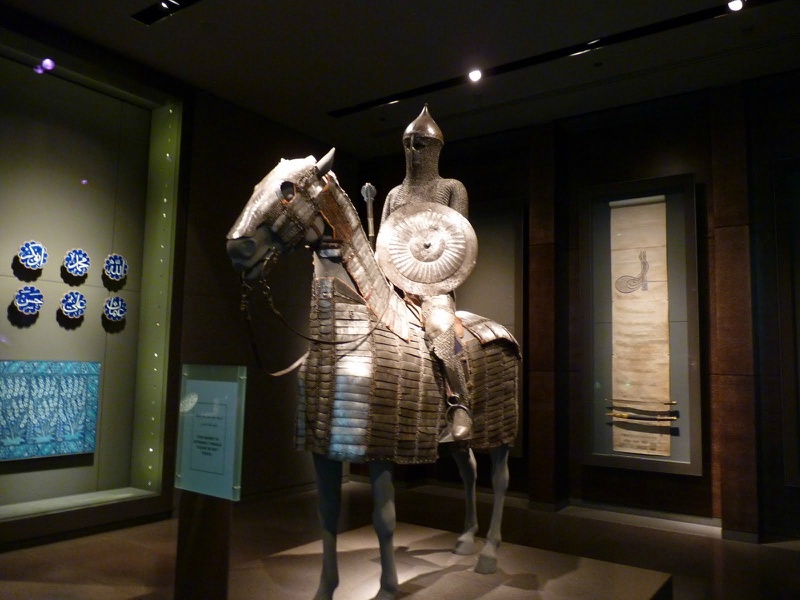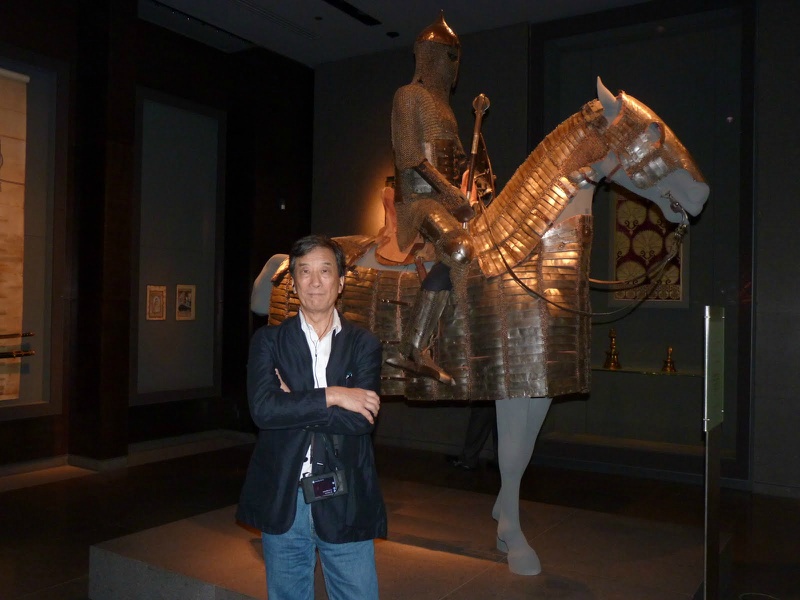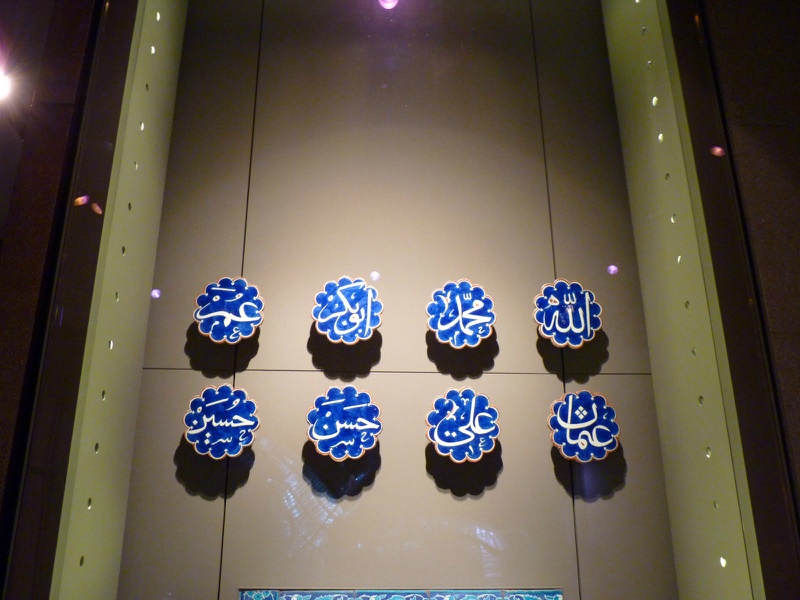This year, I was invited twice ? in January and May (Ref.1) – to participate in the activities of Harvard University.
No publication was issued of the meeting of January, but for the meeting in May a report for the participants only was prepared under the Chatham House Rule. One of the participants, Mr. Kurihara wrote in his Gazette (in Japanese) that he ‘laughed many times during Professor Kurokawa’s talk’ (p.3 left column) which I take as ‘honor and pleasure’.
Since the report includes a short description of that part, I will quote it below.
Session 2: Biotech Models for Development
、、、、
‘Panelist Kiyoshi Kurokawa, Graduate Institute for Policy Studies, Japan, addressed the issue of biotechnology by first delineating some key issues related to its development ? globalization, food and water, environment, and biodiversity ? and then discussing some of the challenges facing countries interested in advancing biotech. Citing Ghana and Botswana as examples, Kurokawa argued that developing countries have little need for the newest and most scientifically intricate technologies, like genetic recombination. Rather, they need simple technologies that can be used to improve the quality of life for local people.
Kurokawa advocated the deployment of existing technology to address the most severe of world crises, like food and water shortage. Such use of technology could also result in bottom-up growth and benefit social entrepreneurs. Again emphasizing the local, Kurokawa further argued that biotech enterprises should also consider how “indigenous knowledge” might propel new developments in biotechnology. Local remedies, like the use of bark to treat malaria in China or of aspirin, have the potential to help biotechnology better address the “big needs” of the world today.’
、、、、、、
‘In the discussion that followed, Kurokawa re-emphasized his position that while frontier science contributes important discoveries, these discoveries should be shared and there should be a collective effort to apply new advancements to the betterment of the human condition.’
Another publication is a Commentary which I co-authored with my colleague Dr. William Saito for ‘Harvard Asia Quarterly’ published by Harvard Asia Center. Its title and summary are as below.
Global Climate Change:
The Interconnection with Medical Technology and Health Care
Medicine, along with culture and technology, can both cause and resolve the problem of climate change. Medicine has helped reduce infant mortality and increase longevity, thus contributing to overpopulation which results in excessive pollution and resource consumption. But it can also help solve these problems by providing better forms of contraception and education.
The full text is about 7,000 words which is a bit long, but if you could spare time to read it, I would be very grateful for comments and suggestions.





 Mr.Kurihara and myself
Mr.Kurihara and myself